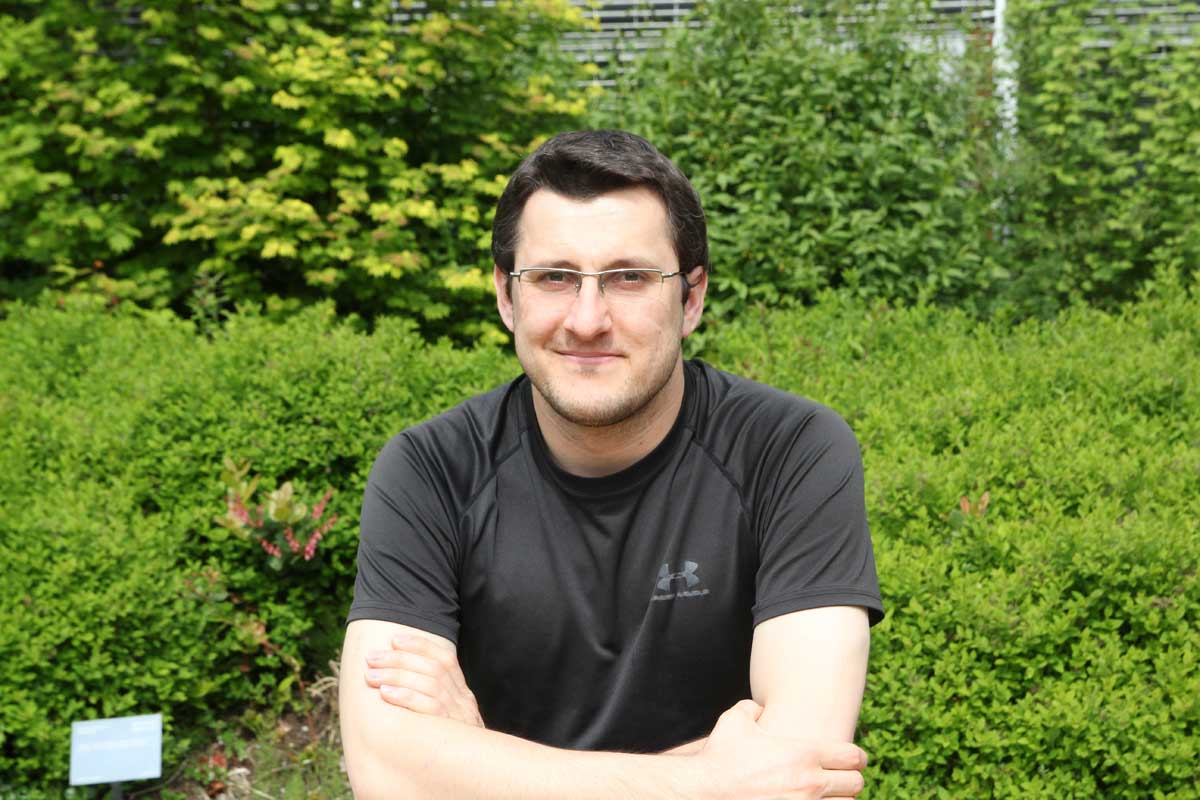UBC mathematician nabs prize for young scientists thanks to microbiology research
December 8, 2017

December 8, 2017

UBC postdoctoral researcher Stilianos Louca has won The Science & SciLifeLab Prize for Young Scientists for his research on the metabolism of microorganisms.
Louca, who also won the 2017 Governor-General's Gold Medal as the UBC doctoral graduate with the most outstanding academic record, studies the role of microorganisms in the biogeochemical cycling of ecosystems.
Louca considers each organism as a genome, focusing on the activity of the genes rather than their taxonomic category. Conceptually, Louca’s approach is similar to Dawkin’s famous “selfish gene” theory.
“This gene centric view is a very elegant way to understand nature,” he explains.
Louca’s research includes studying an oxygen minimum zone in the Saanich Inlet to see how specific genes manifest over time and space.
Louca, who has a PhD in Applied Mathematics from UBC, loves combining techniques from many different fields in order to find answers, and believes microbiology is entering a golden age due to rapid technological advances. His future research might veer into the role of evolution on genes.
“Can we separate the dynamics of genes over long time scales, in terms of how they go up and down in Earth's history, from taxonomic classifications? That’s what interests me,” he says.
The Science & SciLifeLab Prize for Young Scientists is administered by Science/AAAS and SciLifeLab. As the grand prize winner, Louca receives $30,000 and has an essay in the latest issue of Science.
We honour xwməθkwəy̓ əm (Musqueam) on whose ancestral, unceded territory UBC Vancouver is situated. UBC Science is committed to building meaningful relationships with Indigenous peoples so we can advance Reconciliation and ensure traditional ways of knowing enrich our teaching and research.
Learn more: Musqueam First Nation